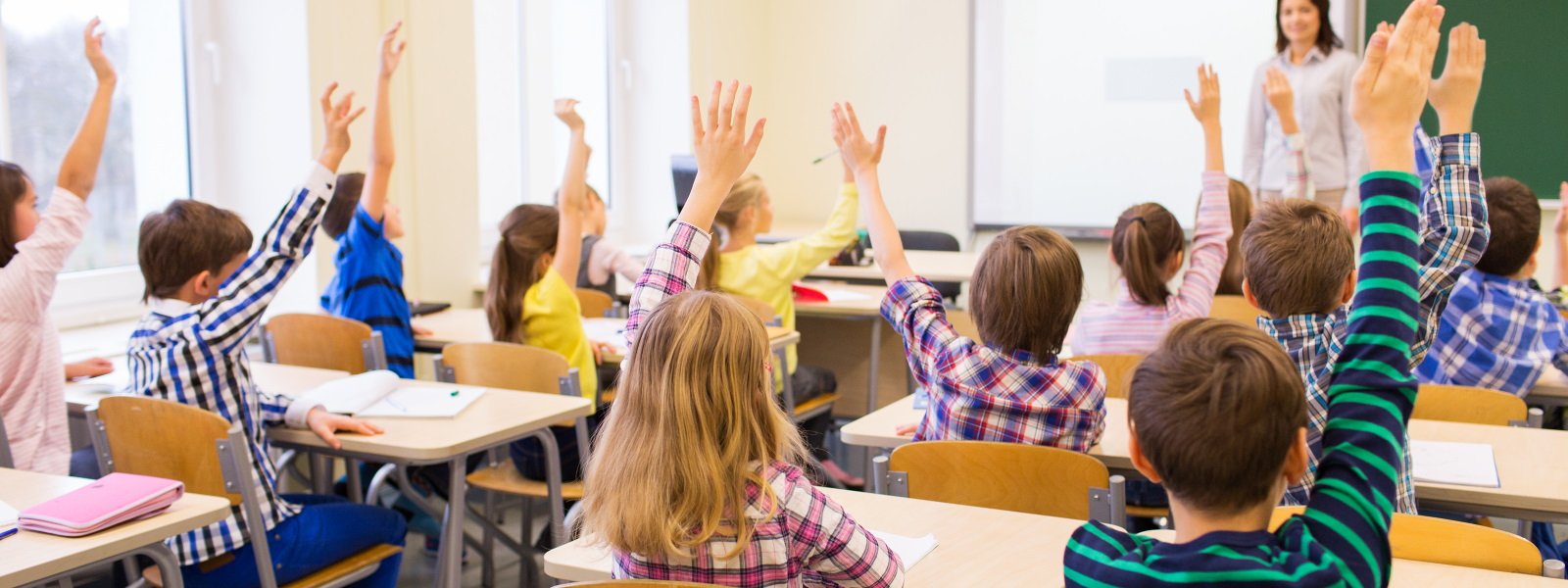
Educational damage from the COVID-19 pandemic will have an impact on school pupils well into the 2030s, according to a study involving the University of Strathclyde.
The research, covering schools in England, predicts that fewer than four in 10 pupils in 2030 will achieve a grade 5 or above in their English and mathematics GCSEs – lower than the 45.3% of pupils who achieved this benchmark in 2022/23.
Based on the results, the researchers estimate that the UK’s relative income mobility levels will decline by 12-15% for generations of pupils leaving school over the next decade, a significant drop by international standards.
The study, funded by the Nuffield Foundation, is the first to chart the way in which school closures during the pandemic hindered children’s socio-emotional and cognitive skills at the ages of five, 11, and 14, and predicts the impact this will have on future GCSE prospects and later life outcomes.
Socio-emotional skills include the ability to engage in positive social interactions, regulate emotions and maintain attention. Cognitive skills are measured by how well children perform in academic tests, reflecting maths, reading and writing skills.
Esme Lillywhite, of Strathclyde’s Institute of Education, a partner in the study, said:
Compared with most other nations, England’s pandemic response was heavily focused on academic catch-up with less emphasis on socio-emotional skills, extracurricular support, and wellbeing. Much more could be gained by closer international collaboration to learn what approaches have been promising elsewhere.
The research found that socio-emotional skills are as important as cognitive skills for young people’s GCSE results. For example, 20% of the best performing pupils in cognitive tests at age 14, with average socio-emotional skills, fail to go on to attain five good GCSEs. Teenagers with strong socio-emotional skills were much more likely to achieve basic GCSEs.
A gender divide in the importance of different skills emerges in the teenage years. For boys, cognitive skills at age 14 are twice as important as socio-emotional skills in determining future GCSE prospects; for girls the opposite is true, with socio-emotional skills 50% more impactful than cognitive skills.
The analysis uses the latest econometric techniques to develop a model of skill formation, based on just under 19,000 pupils in the Millennium Cohort Study. This was applied to later pupil cohorts to predict how GCSE results will be impacted by disruption from school closures during the pandemic.
Persistent gaps
An international review as part of the research concludes that COVID-19 amplified long-term persistent education gaps across a range of OECD countries, including the UK.
The report proposes several low-cost policies with the potential to improve children’s outcomes, including: a national programme of trained undergraduate student tutors helping to boost the foundational skills of pupils, and enabling undergraduates to consider a career in teaching; rebalancing Ofsted inspections to explicitly focus on how schools are performing for pupils from under-resourced backgrounds and credit schools excelling when serving under-resourced communities; rebalancing the school calendar to improve teacher wellbeing, prevent holiday hunger, improve pupil prospects and help parents with child-care during the long summer break.
The University of Exeter and the London School of Economics were also partners in the research.
Dr Emily Tanner, Programme Head at the Nuffield Foundation said: “The mounting evidence on the long-term impact of learning loss on young people’s development shows how important it is for students to develop socio-emotional skills alongside academic learning. The insights from this report on timing and gender provide a useful basis for targeting effective interventions.”